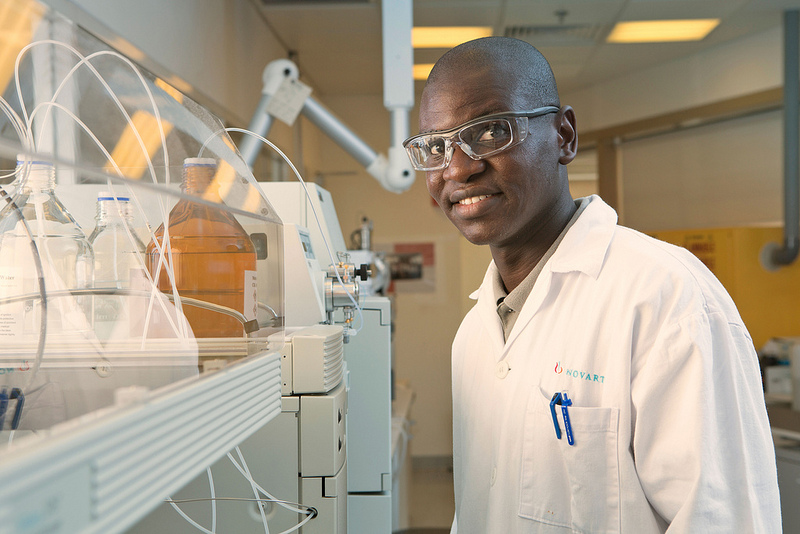Send to a friend
The details you provide on this page will not be used to send unsolicited email, and will not be sold to a 3rd party. See privacy policy.
[NAIROBI] Nutritional research in Africa is jeopardised by a lack of funding, the failure of policymakers to recognise the importance of research, and poor use of research findings, according to a study.
Another barrier is the absence of research priority settings from within Africa, the study, published in PLOS ONE in June, finds.
It adds that Africa should prioritise capacity building and the development of local research agendas to improve the operating environment for nutrition research.
The study assessed researchers' perceptions on the operating environment for nutrition research in Sub-Saharan Africa. It was carried out as part of South Africa-based Sustainable Nutrition Research for Africa in the Years to come project (SUNRAY) that is developing a nutrition research agenda for Sub-Saharan Africa.
Carl Lachat, a researcher involved in the study, and senior research fellow at the Ghent University in Belgium, tells SciDev.Net that the study aimed to identify the priority areas for nutrition research in Africa.
"In this study, and in others to be published, we are seeking to find out how nutrition research can be organised more effectively to contribute to development in Africa," says Lachat.
He explains that researchers — affiliated with SUNRAY partner universities in Belgium, Benin, South Africa, Tanzania and Uganda — interviewed almost 150 respondents from 35 countries across Sub-Saharan Africa, between August 2011 and March 2012.
Another of the researchers, Joyce Kinabo, an associate professor of human nutrition at Tanzania's Sokoine University, says the study identified three priorities areas for nutrition research: community interventions; behavioural strategies; and food security interventions to improve nutritional status.
"The study respondents call for a stronger voice to promote political commitment in nutrition research in Sub-Saharan African countries, supported by a coordinating body for nutrition research to increase the interaction between researchers and policymakers and therefore enhance the validation of research findings," Kinabo tells SciDev.Net.
The team behind the study also advocates for greater investment in multidisciplinary and international collaboration, including pan-African links, to offer important avenues for supporting research capacity in Africa.
Mary Oyunga, a senior public health nutrition researcher at the Kenya Agricultural Research Institute, says that Africa needs to prioritise nutrition research agenda.
She adds that nutritionists in Africa have tended to remain isolated, and that policymakers do not seem to understand them. Also, nutritionists are not well represented at policy level, she says, and until a donor speaks about a problem in Africa, it is usually only handled if an emergency occurs.
"African nutritionists can no longer afford to work on their own, so it is cost-effective to bring relevant stakeholders and partners together so that we are all focusing on the health of our people," Oyunga says.
Link to full paper in PLOS ONE
This article has been produced by SciDev.Net's Sub-Saharan Africa desk.
References
PLOS ONE doi:10.1371/journal.pone.0066355 (2013)


